© 2022 All rights reserved Worktop Library

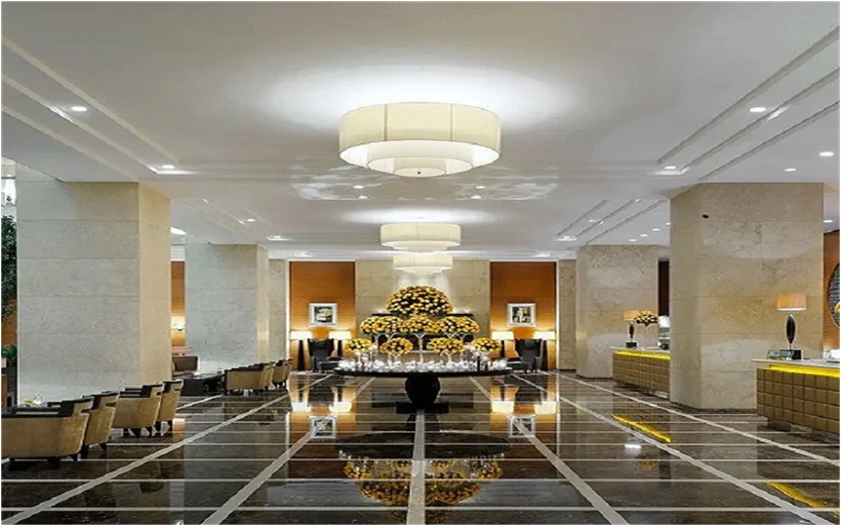
August 5, 2025
Do you ever walk into someone’s kitchen, feel instantly jealous...

August 5, 2025
Ever found yourself gazing at a Nero Marquina marble worktop,...
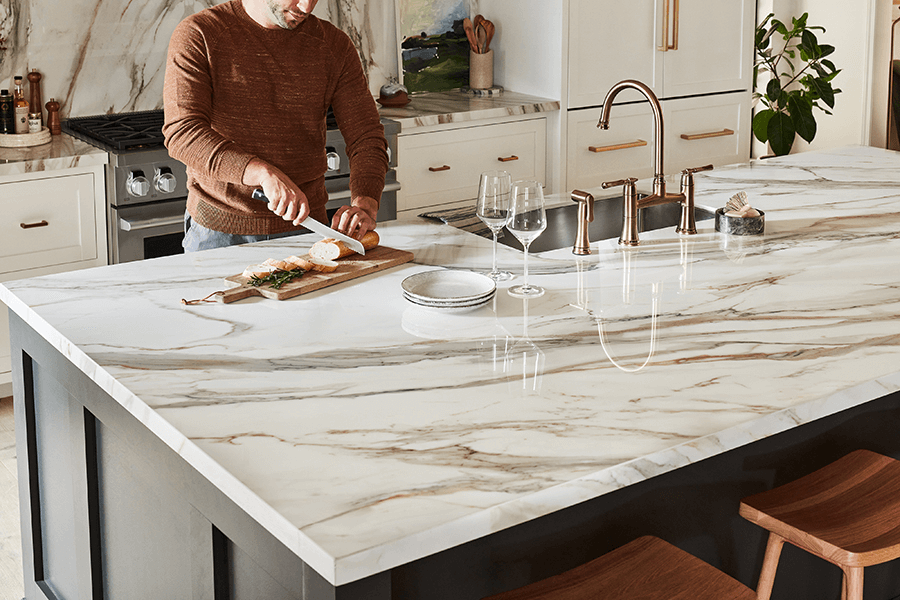
July 22, 2025
Ever had a moment where your kitchen surface turned into...
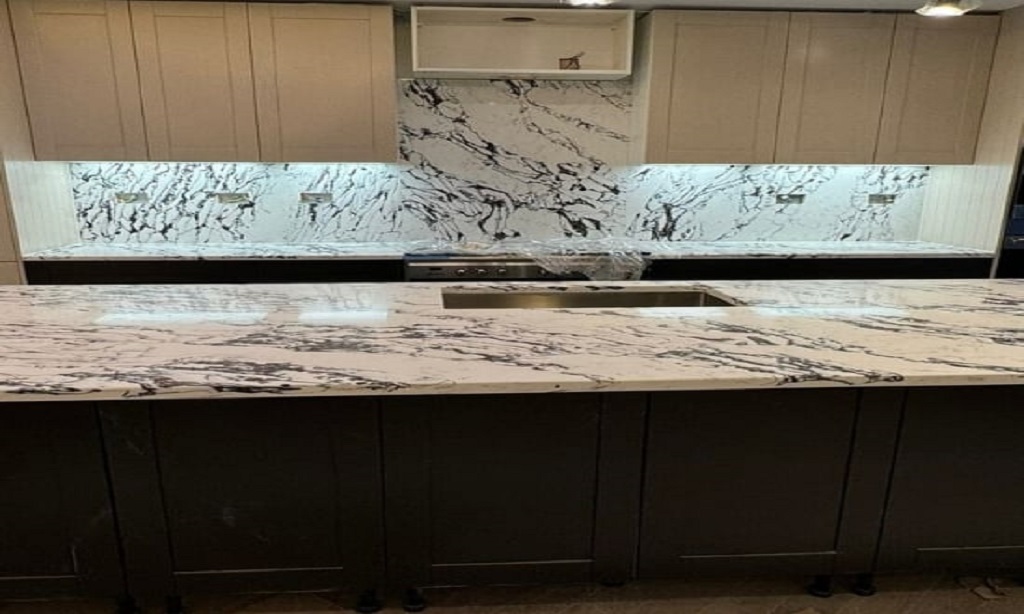
July 15, 2025
How you feel when you walk into your kitchen has...
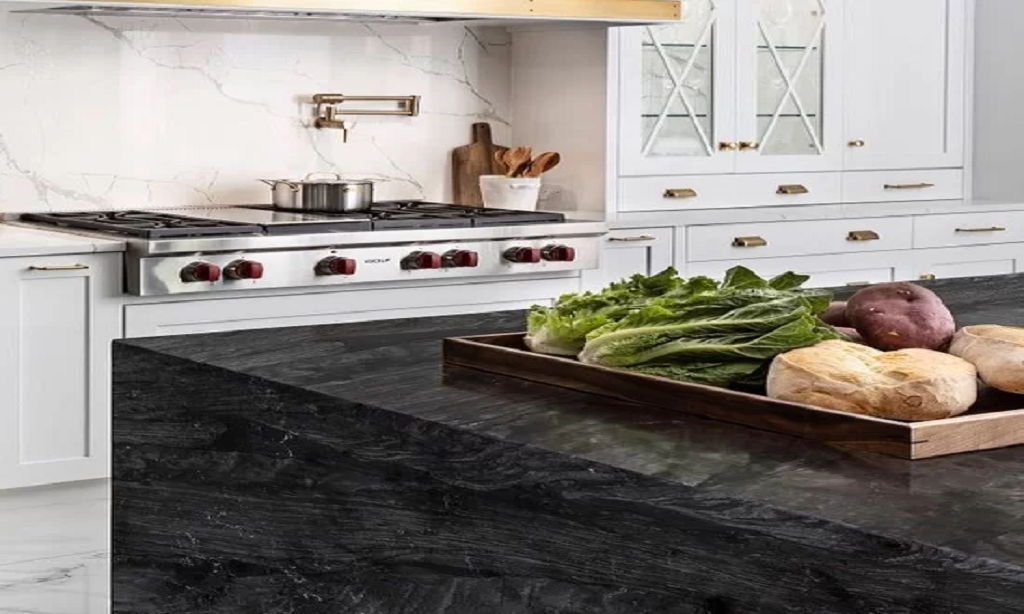
July 15, 2025
‘’Form follows function, that has been misunderstood. Form and function...
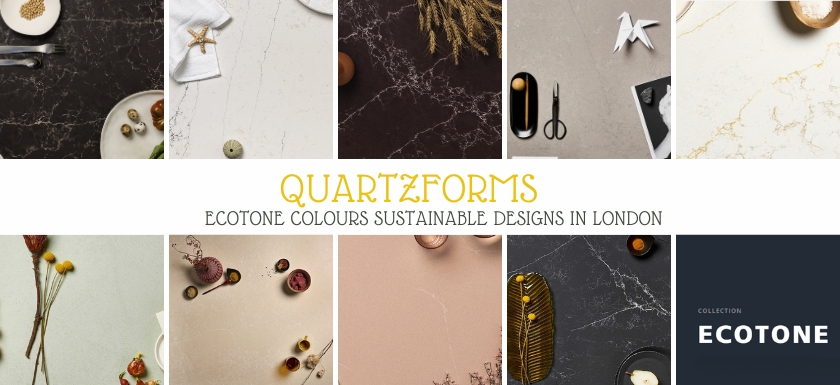
July 7, 2025
Your kitchen is more than just a place for cooking...
Showing 1 - 6 of 174 results
© 2022 All rights reserved Worktop Library
Notifications